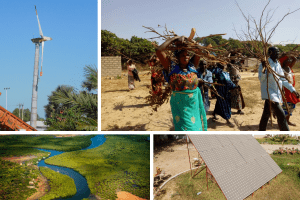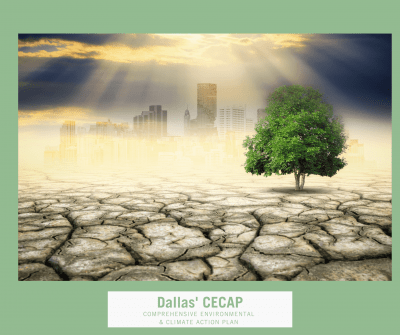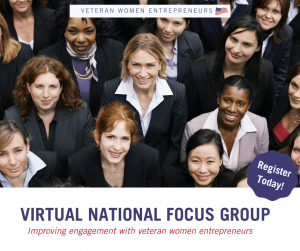
As the world continues to brace for the unknown while fighting the global pandemic, schools remain closed or partially open all around the world. To make matters worse, in The Gambia, a West African country surrounded by Senegal, just 48% of people have moderate, yet sometimes unreliable, access to electricity (typically in urban areas) and the remaining 52% have no access (typically remote rural areas). For children in rural areas, virtual learning as we define it in the United States is not possible, causing the children to fall behind in their studies during COVID-19 shutdowns.
The Tintinto Primary and Secondary school, founded in 2009, has 936 students enrolled. In December of 2019, they agreed to be a beta test site for Janta’s pilot project, a project designed to bring clean reliable energy to The Gambia. The project was funded by a partnership with the Hunt Institute’s Global Development Lab and the Hart Center for Engineering Leadership.
In January of 2020, a team installed five 330-watt 24-volt solar panels, two 250 amp 12-volt solar batteries, and a 50 amp solar charge controller to power four classrooms and a staff room. The pilot is designed to test the panel’s effectiveness as a solution to bring electrical connections for lights, fans, and eventually computers. All supplies and labor were sourced locally, supporting the local economy.
Shortly after the solar panels were installed, the pandemic made its way to The Gambia. Fortunately for the students in the village of Tintinto, their teachers are innovative. Although they were unable to connect with students through virtual platforms because students do not have laptops or computers at home, nor do they have electricity or the internet. But, they do have cell phones.
Principal Amadou Kinteh spoke of his teachers’ innovation, “Most teachers used their mobile phone, charged them, and tried to create a platform to help the students because face-to-face learning was impossible. But with solar power, they were able to charge their mobile phones. Those platforms [cell phones] helped the students very well. In other schools, students were at home doing nothing, but our teachers … [created their own] online teaching.” This significant effort is a testimony to both the resilience of the people of The Gambia and the indomitable spirit of the teachers in demonstrating their love for their students.
In October, the students were allowed to return to their classrooms and are working hard to catch up with their peers in urban areas. Although the entire school is not powered yet, there are plans to do so. Mohammed Njie, the founder of Janta, explains, “As a pilot project, we were limited to installing a limited amount of panels. We used those panels to provide 100% energy for half of the school. The idea was that after we did a successful pilot project, then we will install more panels to extend the power to the other side of the school.”
Principal Kinteh talked about how the night classes are helping the students to catch up in their studies, “…we benefited from night classes, as children living near or in the village were assisted by the teachers during the night because electricity is now available and the place is quiet, so children would come and read and they would be assisted by the teachers. This has helped our students a lot. They performed extremely well in the grade 9 examinations.”
Njie has been in communication with Principal Kinteh, and both are pleased with the results. Together, they are looking forward to future panel installations, which will expand solar energy access to the rest of the classes. Once that is completed, they will advance to the next phase – STEM Up X Janta Ed.
Mohammed Njie and Manuela Murillo Sanchez were contributors to this blog post. Sam Borton edited and revised this post. Thank you for sharing our post and spreading the word about the work we do in the Hunt Institute’s Global Development Lab.
To read more about Hunter & Stephanie Hunt Institute for Engineering and Humanity’s work to develop future-focused solutions to some of the world’s biggest problems, please click here. For the latest news on the Hunt Institute, follow our social media accounts on LinkedIn, Facebook, Twitter, and Instagram. We invite you to listen to our Podcast called Sages & Seekers. If you are considering engaging with the institute, you can donate to the work, or sign-up for our newsletter by emailing huntinstitute@smu.edu.














